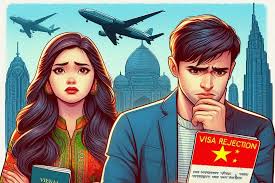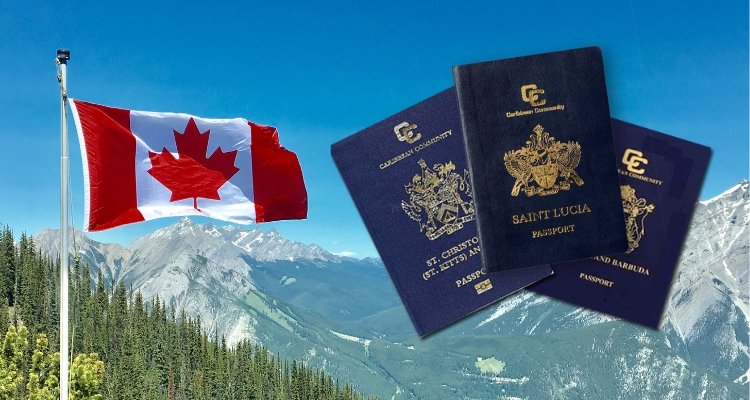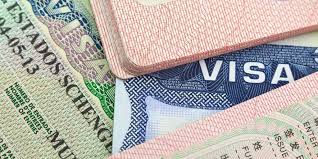Understanding Vietnam Visa Rejection: Causes, Prevention, and Solutions
Applying for a visa is a crucial step for international travelers, but receiving a “Vietnam visa rejection“ can be frustrating and disappointing. Many applicants fail to obtain approval due to various reasons, including incomplete documentation, previous visa violations, or errors in the application process. This article explores the common causes of visa rejection, ways to prevent it, and solutions to reapply successfully.
Common Causes of Vietnam Visa Rejection
- Incomplete or Incorrect Documentation
One of the most frequent reasons for Vietnam visa rejection is submitting incomplete or incorrect documents. If the required forms are not properly filled out or if there are discrepancies in personal details, the immigration authorities may deny the application. Common mistakes include:
- Missing passport pages or invalid passport expiration dates
- Incorrect spelling of names or mismatched personal details
- Unclear or illegible scanned copies of documents
- Previous Immigration Violations
Applicants who have violated Vietnamese immigration laws in the past, such as overstaying a previous visa, working illegally, or engaging in prohibited activities, may face Vietnam visa rejection. The government maintains records of travelers, and any previous offenses can impact future visa approvals.
- Criminal Record or Security Concerns
Individuals with a criminal record or those considered a potential security risk might have their Vietnam visa rejection due to safety concerns. The Vietnamese government conducts background checks, and any suspicious history could lead to denial.
- Applying with an Unreliable Travel Agency
Many travelers use third-party agencies to obtain their visas. However, using an unregistered or unreliable agency increases the risk of Vietnam visa rejection if the agency submits incorrect information or fails to follow proper procedures.
- Issues with Sponsorship or Invitation Letters
For business or work visas, a sponsorship or invitation letter from a Vietnamese company or organization is often required. If the sponsoring entity is not recognized or does not meet immigration requirements, the visa request may be denied.
- Overstaying a Previous Visa
Travelers who have overstayed their visa duration in Vietnam may find it difficult to obtain approval for a new visa. Overstaying is a serious violation, and repeated offenses can lead to long-term bans from entering the country.
- Lack of Sufficient Financial Proof
Applicants must demonstrate financial stability to cover their stay in Vietnam. If authorities suspect that a traveler lacks sufficient funds or has no clear financial proof, the visa application may be rejected.
How to Prevent Vietnam Visa Rejection
- Submit Accurate and Complete Documents
To avoid Vietnam visa rejection, ensure that all documents are properly filled out, signed, and submitted in the correct format. Double-check personal details, passport validity, and all required paperwork.
- Use Official Channels or Trusted Agencies
Applying for a visa through official government websites or reputable agencies minimizes the risk of errors and fraud. Research agencies before submitting an application to ensure they have a good track record.
- Clear Previous Immigration Issues
If you have had previous immigration violations, try to resolve them before reapplying. Paying fines, obtaining official clearance, or submitting an appeal can improve your chances of approval.
- Check the Visa Requirements Carefully
Different visa types have specific requirements. Whether applying for a tourist, business, or work visa, ensure that you meet the criteria, including sponsorship letters, financial proof, and other necessary documents.
- Provide a Strong Financial Statement
Make sure to provide valid financial proof, such as bank statements, employment verification, or a sponsorship letter, to show that you can sustain yourself while in Vietnam.
- Apply for the Right Visa Category
Applying for the wrong visa type can lead to Vietnam visa rejection. For example, using a tourist visa for business purposes might result in denial. Choose the correct category based on your travel intent.
What to Do After a Vietnam Visa Rejection
- Understand the Reason for Rejection
The first step after receiving a Vietnam visa rejection is to understand why the application was denied. Contact the Vietnamese embassy or consulate for clarification and review your application for mistakes.
- Correct the Mistakes and Reapply
Once you identify the reason for rejection, make the necessary corrections. This could mean providing additional documents, fixing errors, or submitting a stronger financial statement.
- Seek Assistance from a Visa Consultant
If you are unsure about reapplying, consider consulting a professional visa service. Experts can guide you through the process, ensuring that your next application meets all requirements.
- Appeal the Decision
In some cases, applicants can appeal a Vietnam visa rejection by providing additional evidence or an explanation. Contact the Vietnamese immigration authorities to understand the appeal process.
- Apply for a Different Visa Type
If your application for one visa type is denied, you may consider applying for another visa category that better suits your travel purpose. For example, if a business visa is rejected, applying for a tourist visa (if applicable) might be an alternative. VIETNAM VISA FROM TAJIKISTAN
Conclusion
Dealing with a Vietnam visa rejection can be stressful, but understanding the causes and taking preventive measures can significantly improve your chances of obtaining approval. By submitting accurate documents, following proper procedures, and addressing past immigration issues, travelers can successfully secure a visa to visit Vietnam. If a visa is denied, reviewing the reasons, correcting mistakes, and seeking professional assistance can help in the reapplication process.



